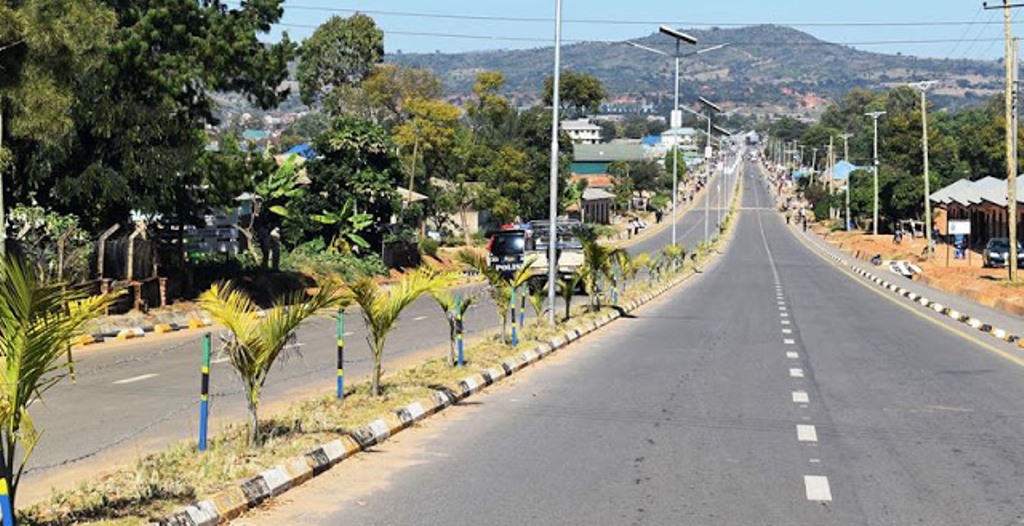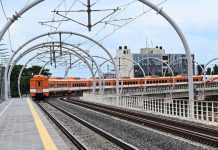AfricaPress-Tanzania: THE government has reaffirmed its commitment to go for affordable technological option that would facilitate implementing roads projects, especially in rural areas countrywide.
Permanent Secretary in the Ministry of Work, Transport and Communication, Architect Elius Mwakalinga made the revelation, while winding- up ‘Low Volume Sealed Roads Construction Technology’ training at Chamwino in Dodoma region, recently.
At the workshop funded by the International Labour Organization (ILO) and organised by the Mbeya based Appropriate Technology Training Institute (ATTI) between August 17th and September 14th this year, Architect Mwakalinga further noted: “The government has been very keen on ensuring feasible and affordable technological options to adopt for development of rural roads”.
He added: “Roads are catalysts for development; because we rely on them to transport goods and people from one place to another…they also open access to services and business opportunities.”
Elaborating, he said roads which link infrastructures for socio-economic development of the country are like veins in the human bodies, which are conduits in the transportation of blood in and out of the heart for the life of a person.
The training was attended by 20 participants, who hailed from ATTI, TARURA, TANROADS, TASAF, Zanzibar, Road Fund Board, Ministry of Works, Transport and Communication, President’s Office, Regional Administration and Local Government Authorities, Morogoro Works Training Institute, Prime Minister’s Office, Labour, Employment, Youth and people with Disability as well as four labourbased contractors from Lindi, Mbeya, Rukwa and Dodoma.
However, Architect Mwakalinga emphasized that the training will improve rural roads’ maintenance, adding that accessibility of rural areas rests on a number of factors such as availability of technology, affordability of technology, and need of the technology as well as technology choice.
Commenting, ILO National Programme Coordinator, Social Protection and Employment Intensive Investment Programme (EIIP), Dampu Ndenzaro said: “ILO is happy to see the government investing in major infrastructural development works like the East Africa Crude Oil Pipeline, Standard Gauge Railway (SGR) and the Mwalimu Nyerere Hydro Electric Power Project.”
He noted that the government is also committed towards any strategy that would promote inclusive growth for employment promotion and creation.
ILO has been working closely with the government in many areas, which aim at advancing the decent work agenda, and include employment promotion, labour standards, social protection and social security and integrating other cross-cutting issues such as gender, environment and HIV/Aids.
Expounding, Ndenzaro explained that such trainings are focused on facilitating learning of new technologies and showcase the use of labour-based feasible technologies for development of roads among the engineers, technicians and small-scale contractors, while promoting skills, enterprise development and job creation for the rural vulnerable communities.







